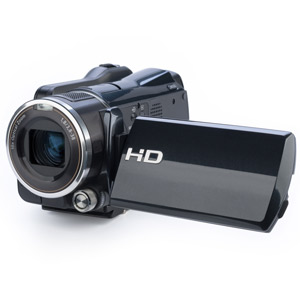Videotaped confessions may be too persuasive, law prof warns

Image from Shutterstock.
Routinely videotaping confessions will likely make interrogations fairer and less coercive, but there is a downside, according to a law professor.
Videotaped confessions may be so vivid and persuasive that jurors overlook problems, according to University of California at Los Angeles law professor Jennifer Mnookin. In an op-ed for the New York Times, Mnookin warns that videotaping could become “an inadvertent tool for injustice.”
“As advertisers and Hollywood directors know well,” Mnookin writes, “camera angles, close-ups, lenses and dozens of other techniques shape our perception of what we see without our being aware of it.”
Mnookin points to a series of experiments led by Ohio University psychology professor G. Daniel Lassiter. He showed taped interrogations to mock jurors. Some saw only the suspect on the videotape, while others saw both the interrogator and the suspect. Jurors who saw the suspect only were significantly less likely to judge the interrogation as coercive, even when the interrogator made an explicit threat.
Even judges and police showed “camera perception bias” in the experiments, Mnookin says.
Mnookin says videotaped confessions aren’t a bad idea, but we should realize that videotaping is no guarantee that jurors will be able to identify false confessions.
Federal law enforcement agencies are now recording most interrogations as a result of a policy change announced in May.



